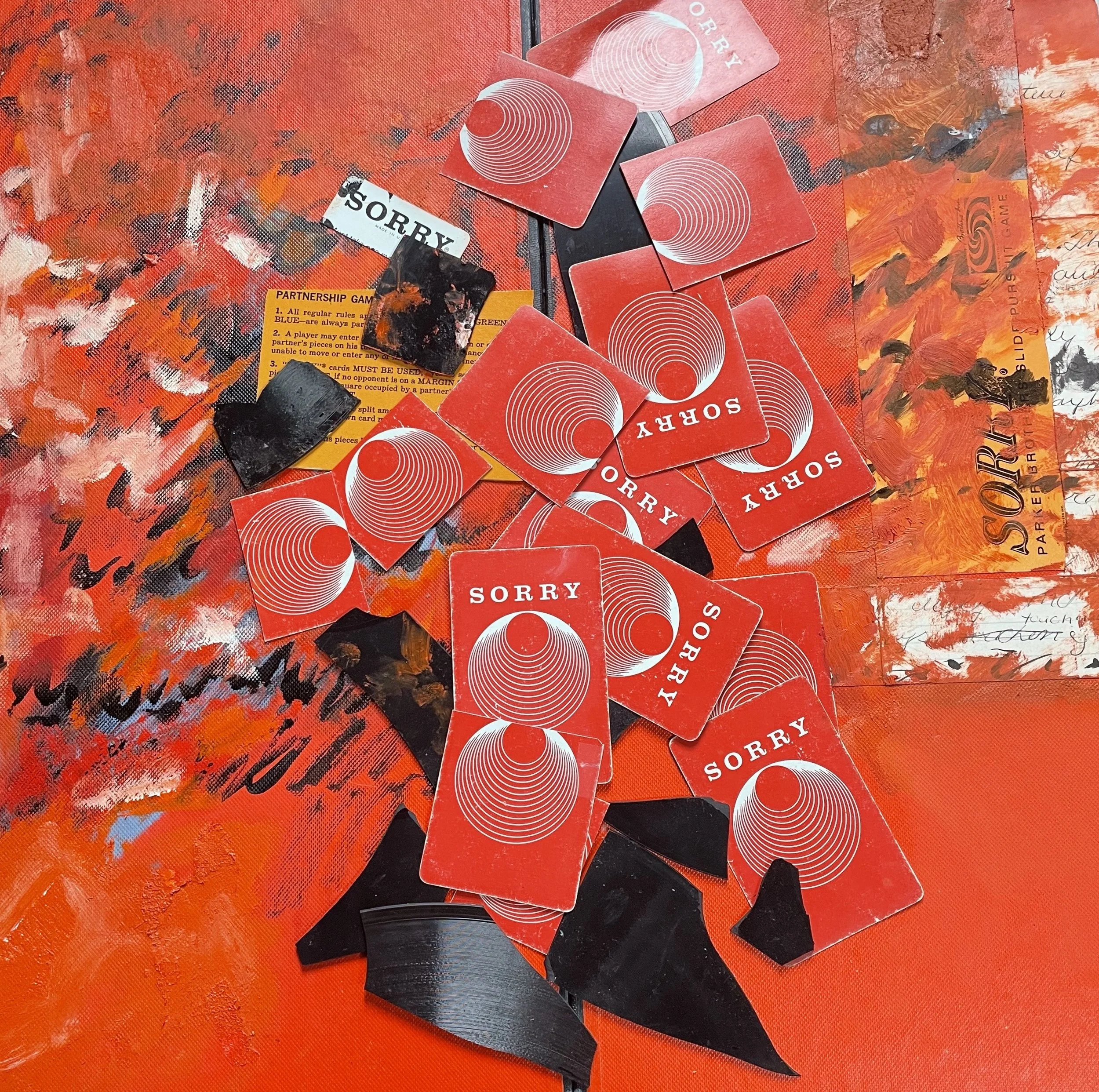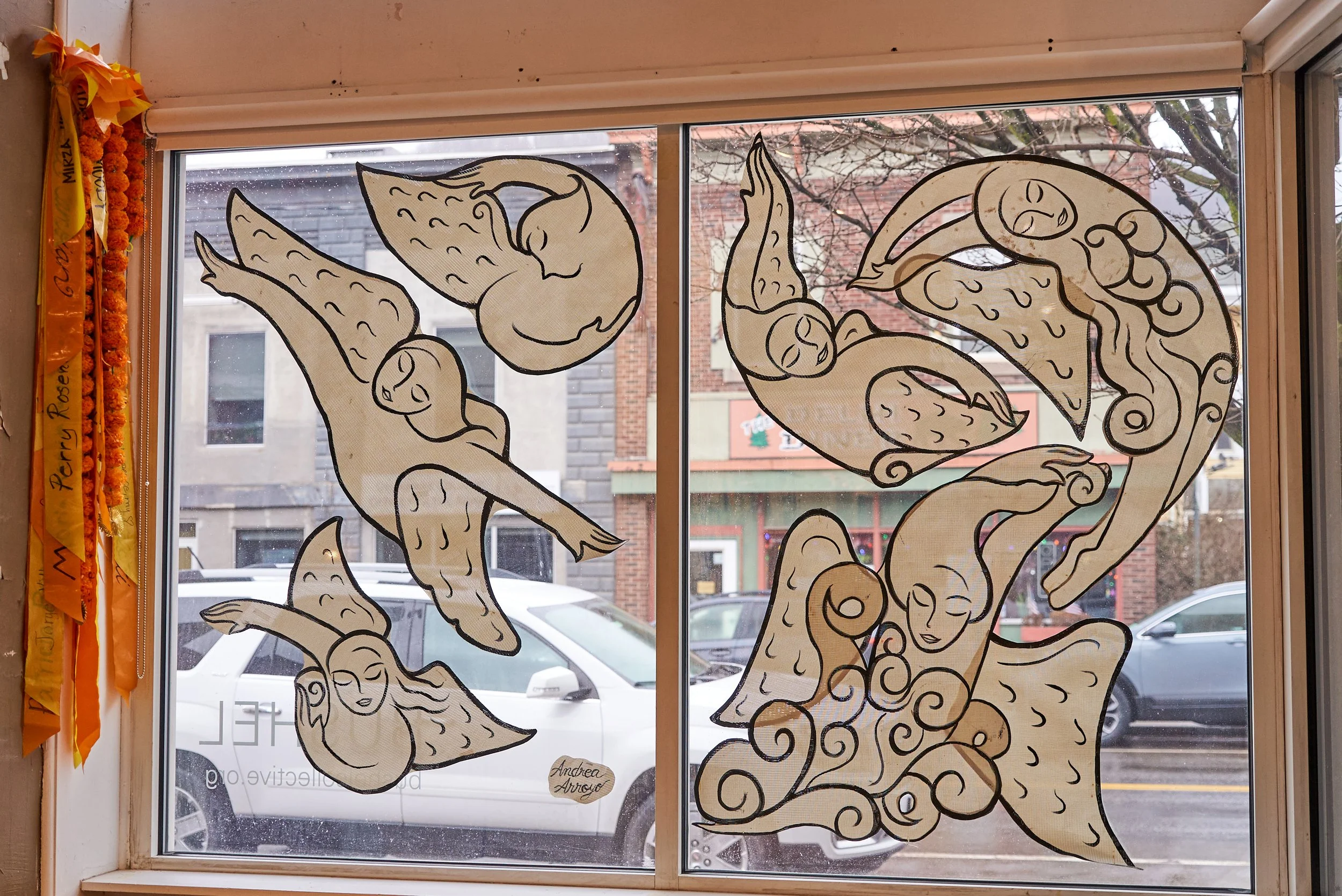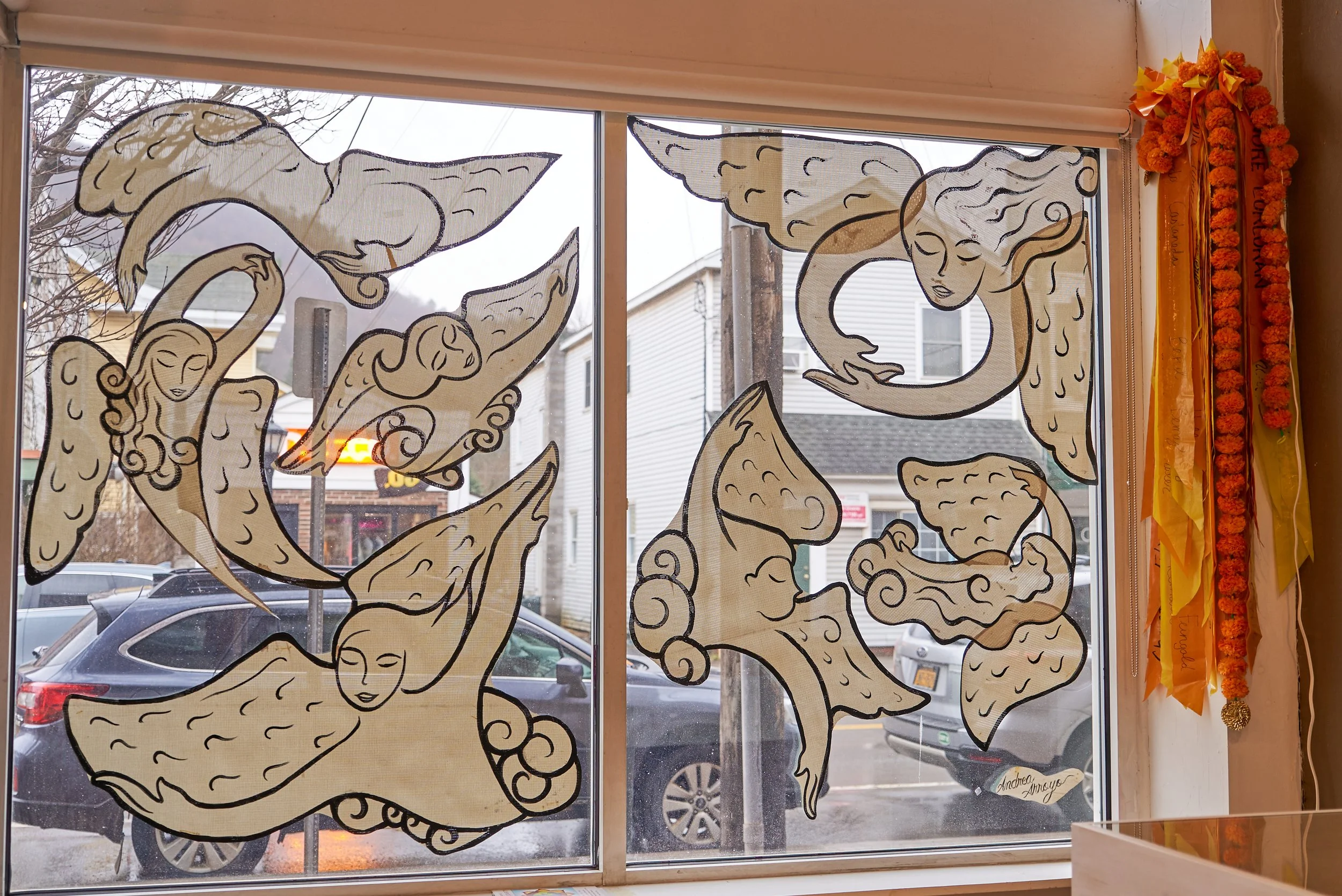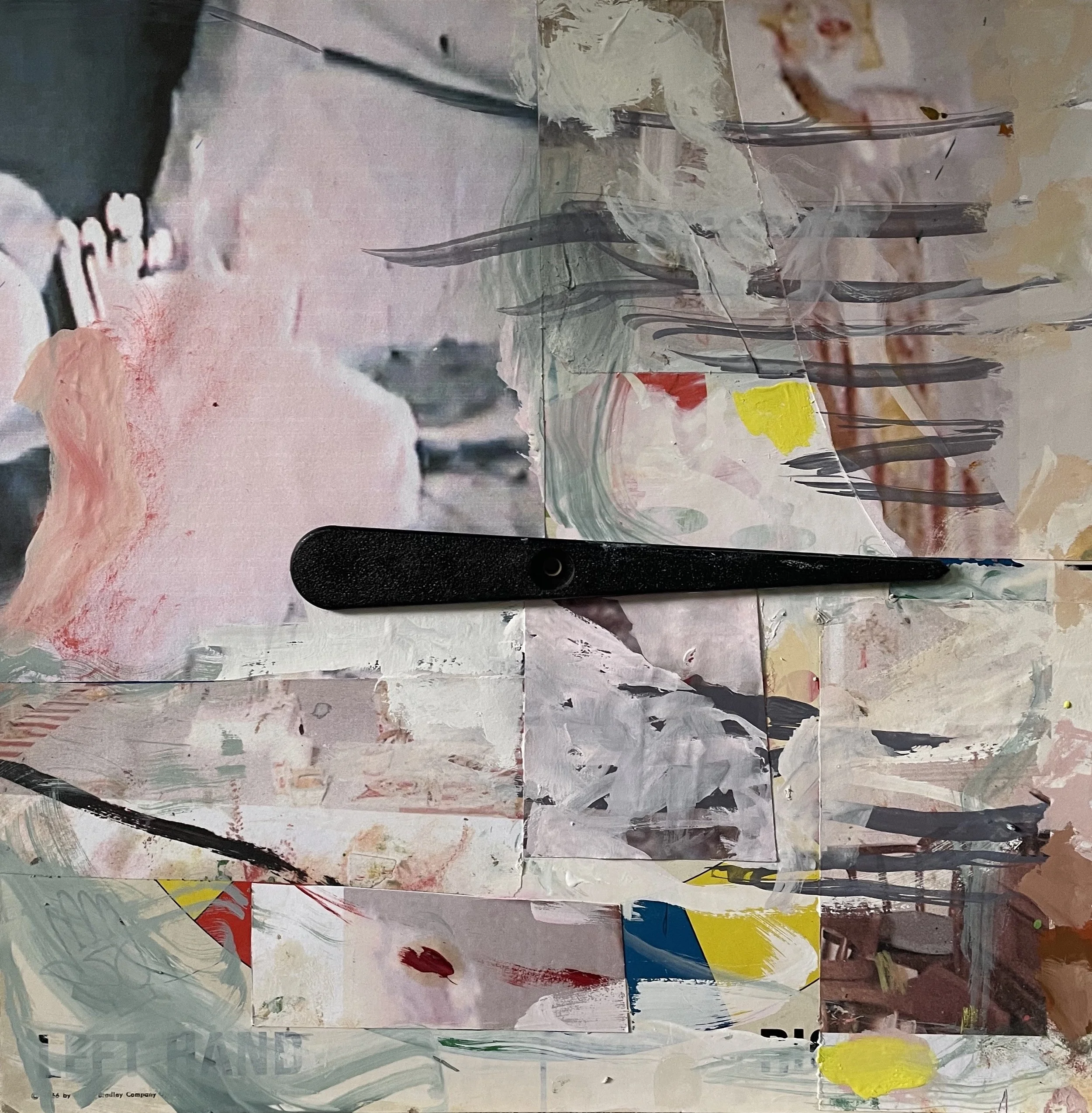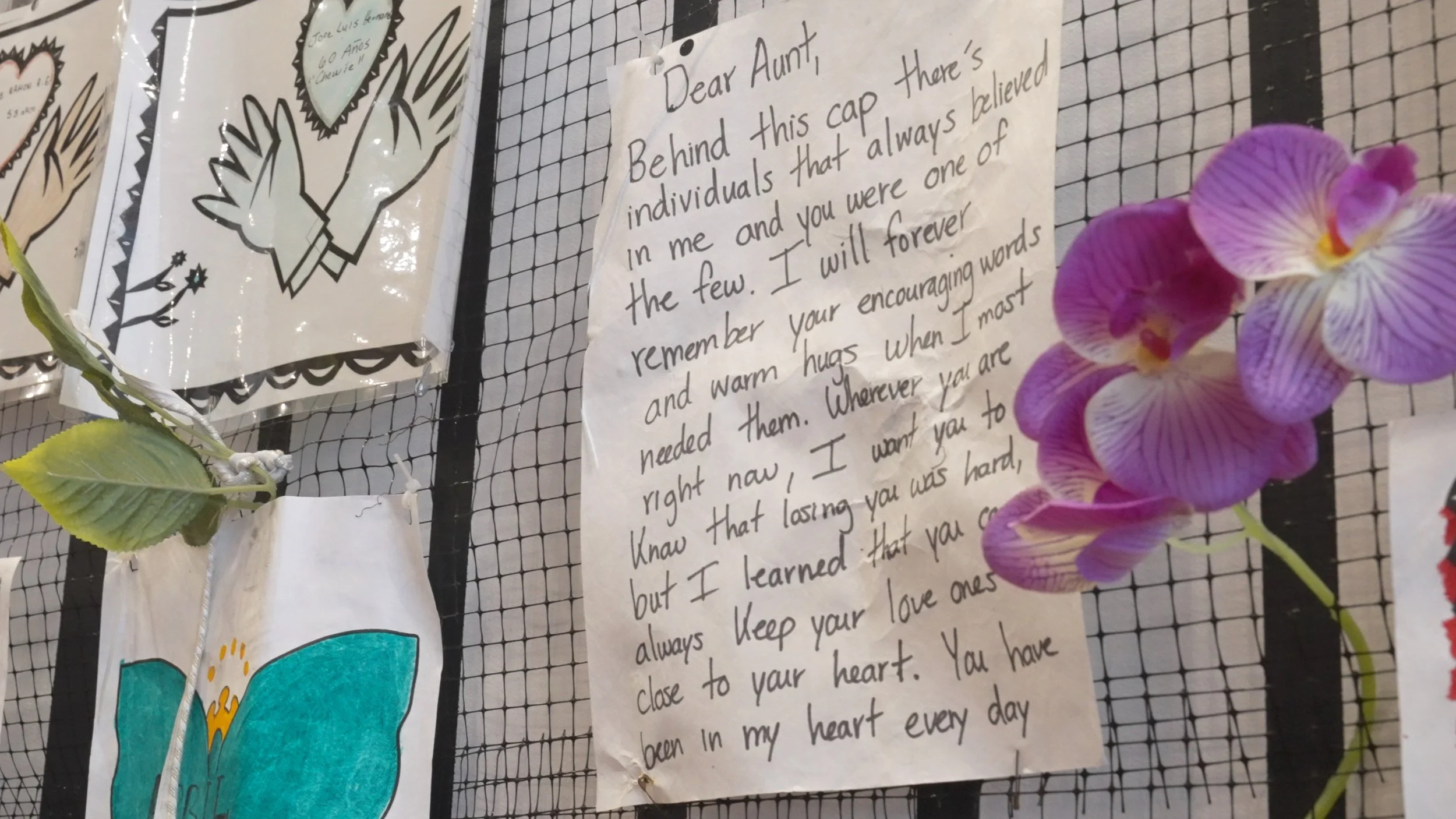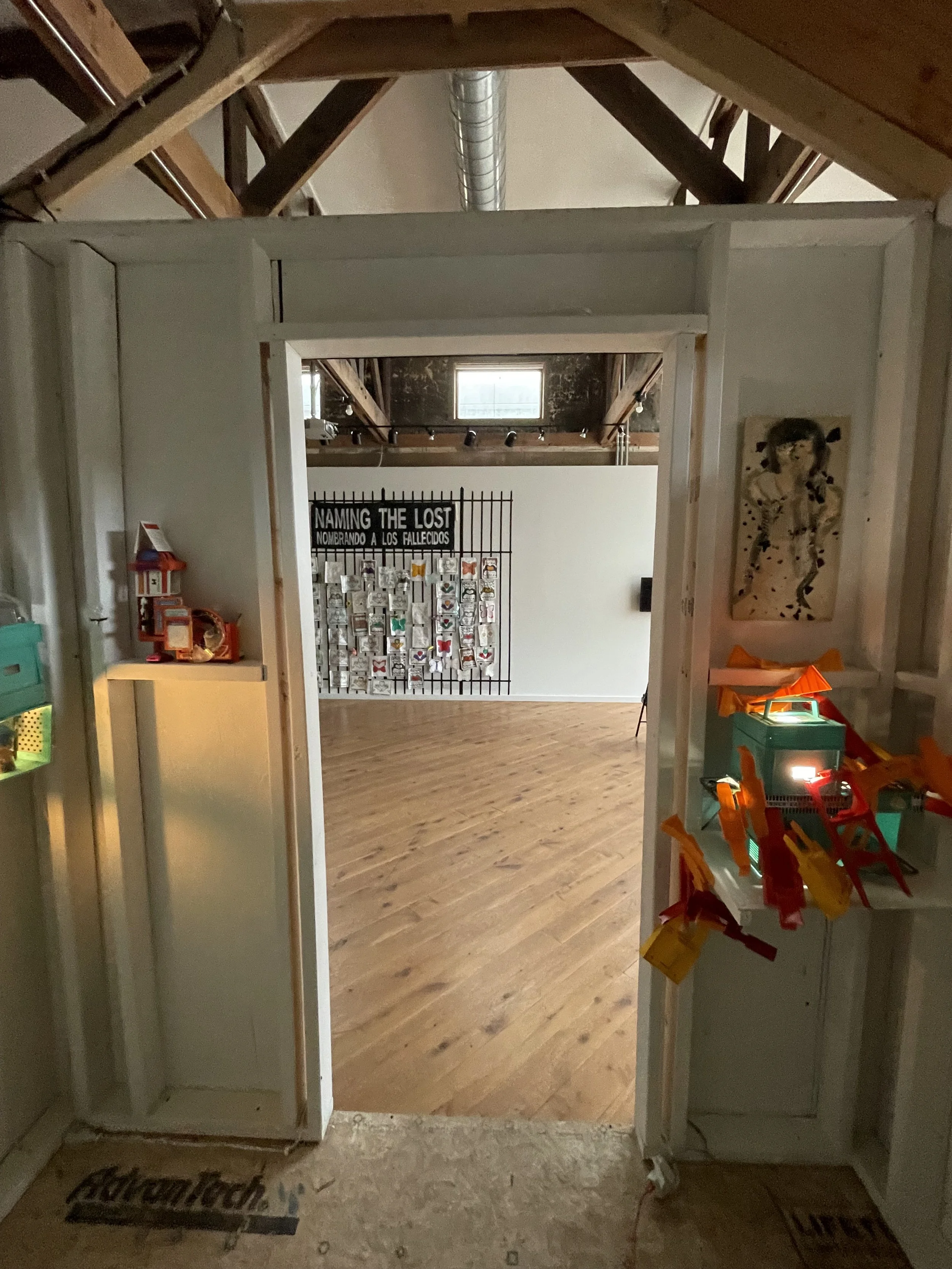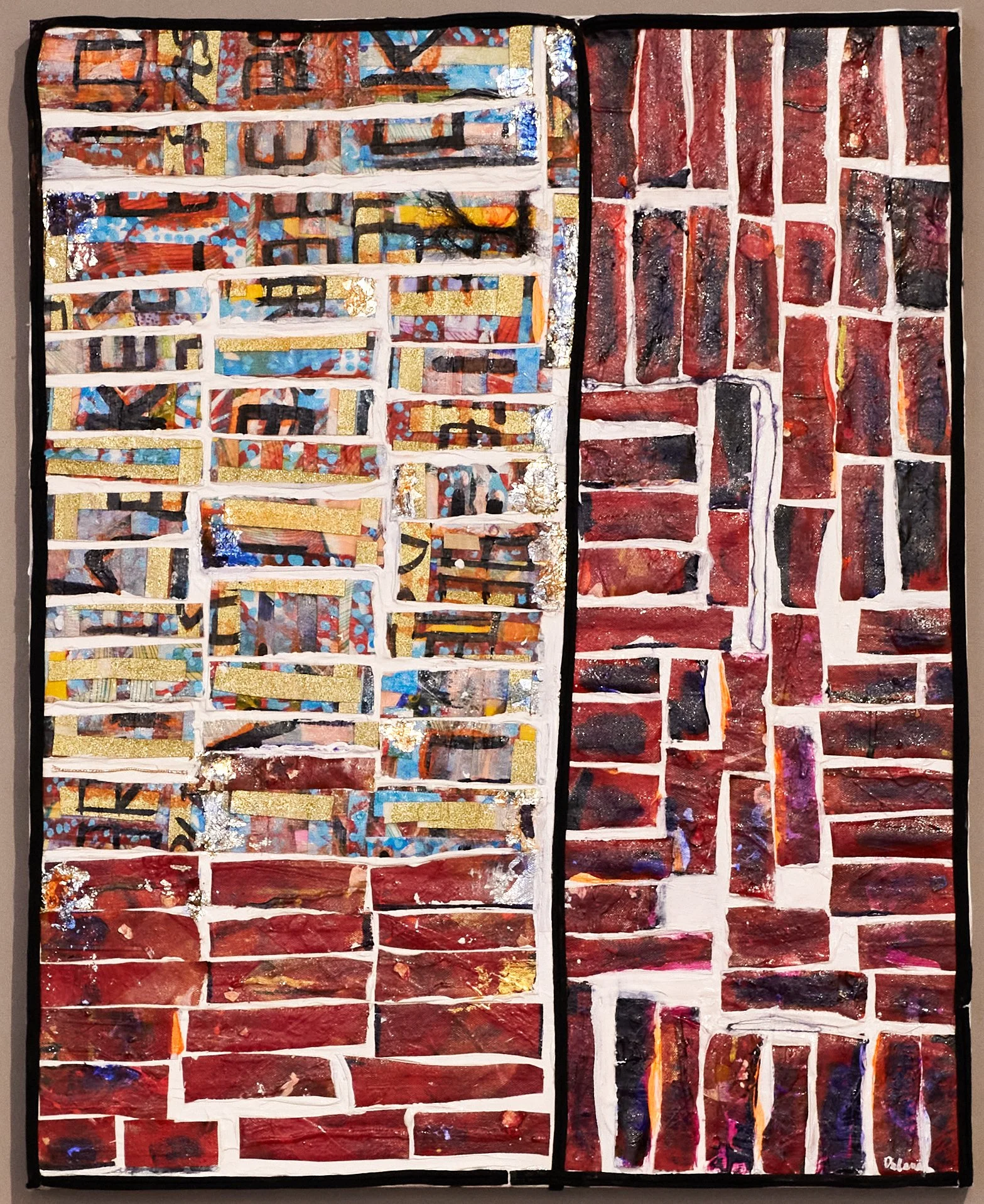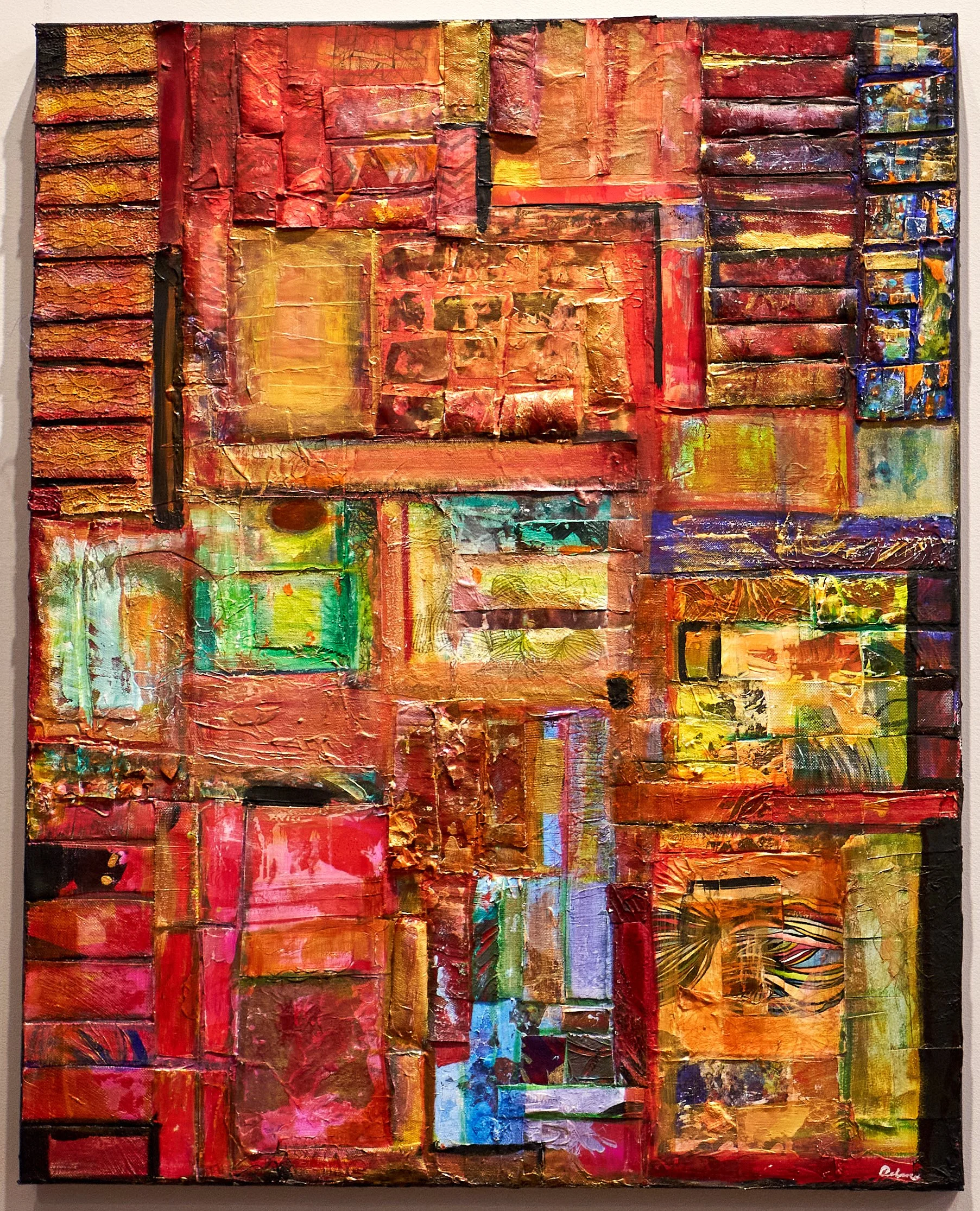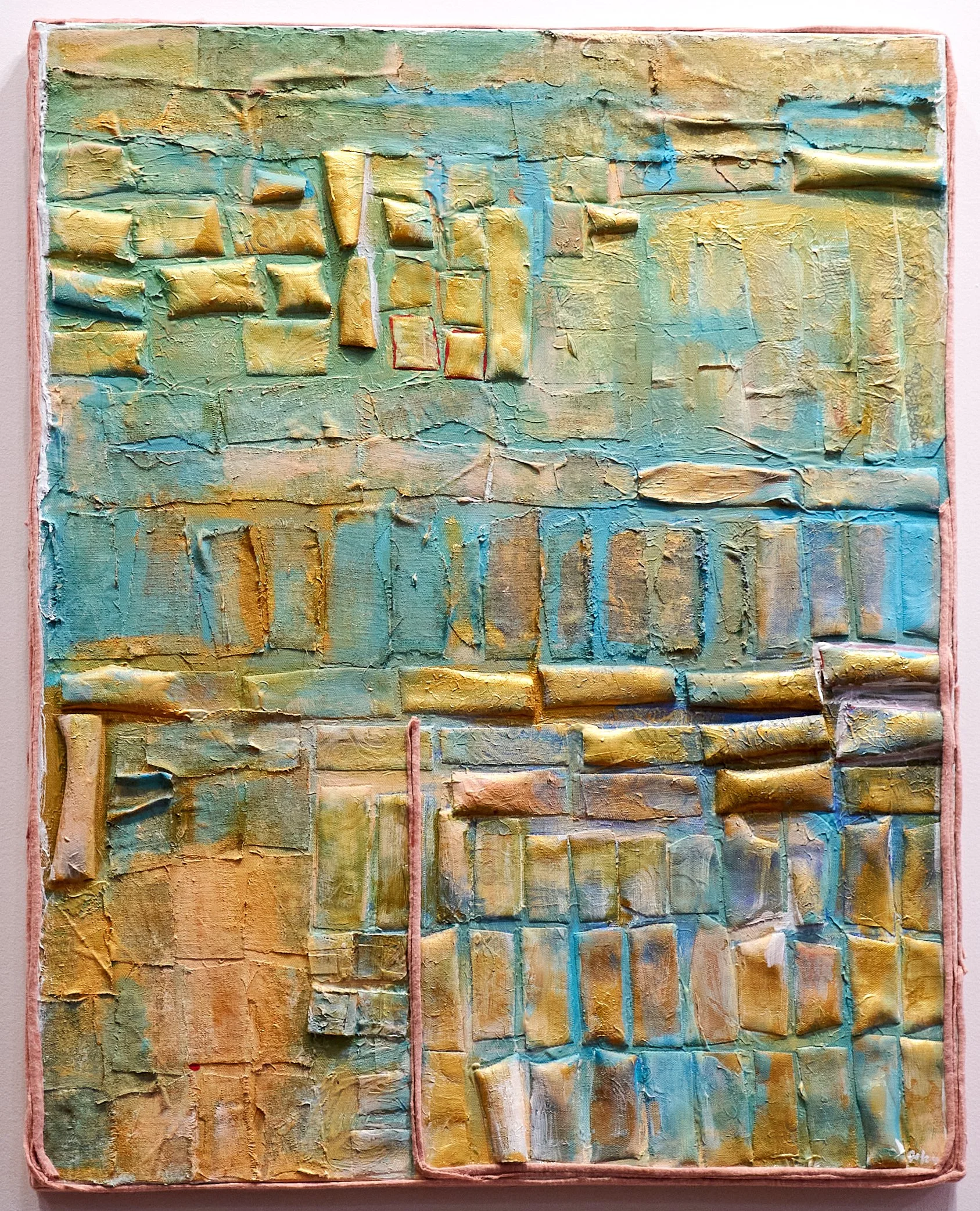Interdisciplinary Scholar
University of Michigan
Ph.D., May 2027
Degree in American Culture
Concentrations: American History, Memory Studies, and Museum Studies
University of Chicago
Master of Arts, June 2018
Masters of Arts Program in the Social Sciences
Concentrations: American History and Museum Studies
Thesis: Contested History and Fractured Publics: Representing the Past at Plimoth Plantation
Yale University
Bachelor of Arts, May 2016
Degree in History, Distinction in the Major
Thesis: Alma Mater: The Story of Christine Northrop: WWI Volunteer, WWII Correspondent & Yale Woman Pre-Coeducation
Ph.D. Research
As a Ph.D. student, Charlotte’s research explores how Americans commemorate contested history. Her current project focuses on COVID memorials and commemorations of past pandemics, considering their role in American history and culture as sites of memory, community, narrative, tension, and spectacle. Her dissertation centers on two questions: What does it mean for individuals and communities to take memory work into their own hands? How do COVID memorials fit into America’s history of publicly and privately remembering — and forgetting — pandemics? With this dissertation, Charlotte hopes to contribute to new directions in American Studies by presenting her work through a combination of film and writing.
The film portion of her dissertation is a feature documentary currently titled Afterthought. This film centers on two COVID memorials: a grassroots community memorial in Detroit involving thousands of participants, and one artist’s personal memorial in New York commemorating the loss of a single relationship. The written portion of her dissertation analyzes a wider selection of COVID memorials and sets them in context with past pandemic commemorations. In 2020 and 2021, Charlotte compiled a list of over 400 artists, archivists, and activists engaged in COVID commemoration projects worldwide. To gain a deeper understanding of the current state of COVID memory work, she interviewed 120 of these individuals and corresponded with 115 others about their projects and experiences.
This research builds on Charlotte’s past scholarship as a master’s student at the University of Chicago and undergraduate at Yale, where she worked with advisors Leora Auslander (Chicago), David Blight, and Jay Winter (Yale). Her masters and undergraduate studies focused on cultural history, contested history, and public memory in the Atlantic world.
Commemorating COVID
In connection with her dissertation research, Charlotte serves as co-curator for the traveling exhibition Commemorating COVID, which features five COVID memorials that recognize and represent grief in different ways. This slideshow includes a selection of images from the exhibit’s March 2023 opening at Bushel Collective in Delhi, NY.
Select Academic Projects
Contested History and Fractured Publics: Representing the Past at Plimoth Plantation
University of Chicago, 2018
M.A. Thesis
Advisor: Prof. Leora Auslander
This thesis uncovers and analyzes the story of racism at Plimoth Plantation, a living history museum commemorating 17th-century ‘Pilgrims’ and Wampanoags. As a leader in the museum world and an iconic space in American memory, Plimoth Plantation has reflected and shaped America’s process of coming to terms with its contested history. An analysis of Plimoth Plantation’s story yields insights into the past, present, and future of American living history museums and into the American people’s relationship with their history and their treatment of Indigenous narratives.
Designing Women: Representations of Human Hair in the Holocaust Context
University of Chicago, 2018
Seminar: The Holocaust Object
Prof. Bozena Shallcross
By shaving the hair of female prisoners, the Nazis did more than violate women’s bodies; they stripped women of their gender, identity, and agency. To understand the scope of the symbolic loss many women experienced when their hair was shorn away at Auschwitz, one must trace the full story of that hair, which stretches from the the prewar world, to the ghettos and camps of the Second World War, to the Displaced Person’s Camps, Holocaust testimony archives, and museums that sprang up in its wake.
The Haunted Archive: Echoes of Spiritualism in Archival Endeavors
University of Chicago, 2018
Seminar: The Archive of Absence
Prof. Allyson Nadia Field
This paper considers how the Archive of Our Own’s trove of Sherlockian fan fiction engages with Sir Arthur Conan Doyle’s biography in order to amplify the spiritualist undertones present in the original Sherlock Holmes stories. It draws upon secondary literature concerning Doyle’s spiritualism, Holmesian fandom, and rogue archives in an effort to shed light on the incongruous marriage of empirical reasoning and spiritualist intuition that lies at the core of Doyle’s stories, of the Archive of Our Own, and of many archival endeavors today.
A Match in the Dark: "Time Passes" as Virginia Woolf's Literary Memorial to the Great War
Yale University, 2016
Seminar: Virginia Woolf
Prof. Margaret Homans
As a work of anti-consolatory commemoration, “Time Passes” complicates the message expressed by the profusion of statues, cenotaphs, obelisks, and gravestones that pockmarked the landscape of 1920s Britain. In “Time Passes,” Woolf advocates for an alternative form of collective mourning, which stresses both the impossibility of reconstructing the exploded intimacy of prewar society and the real prospect of postwar solidarity between veterans and civilians, whose shock and grief mirrored each other despite the disparity in their wartime experiences.
Alma Mater: The Story of Christine J. Northrop: WWI Volunteer, WWII Correspondent, and Yale Woman Pre-Coeducation
Yale University, 2016
B.A. Thesis
Advisors: David Blight & Jay Winter
Yale's Manuscripts and Archives houses an archive titled "Correspondence of World War II Servicemen from Silliman College, Yale University" containing six boxes of letters between Christine Northrop (the first master's wife of Silliman College) and 278 WWII Silliman servicemen. These correspondences, spanning from June 1942 – December 1946, afford unique insights into the experiences of young people struggling to maintain their former identities and relationships despite the violence and alienation of war, and into the perspective of a Yale woman pre-coeducation, whose forcefulness and compassion altered the lives of hundreds of men and women at Yale and beyond.
Suzette: War in Normandy and Three Generations of the Gandon Family
Yale University, 2014
Seminar: War, Memory, and Identity
Profs. David Blight & Jay Winter
A nonfiction narrative and photo essay centered on Suzette Gandon, an elderly French woman who survived D-Day as a small girl. Suzette’s old age is idyllic— she is adored by her son and grandsons and by young people who come to visit her from all over the world. She lives in a house that enriches her life and that, as she says, has a soul. Yet her life has also been shaped by three generations of trauma. Her father was a prisoner in Germany during WWII, her grandfather was a soldier at Verdun during WWII, her husband battled with PTSD after fighting in the Algerian War, and her own childhood was defined by the violence and instability of the German occupation and Normandy invasion.

